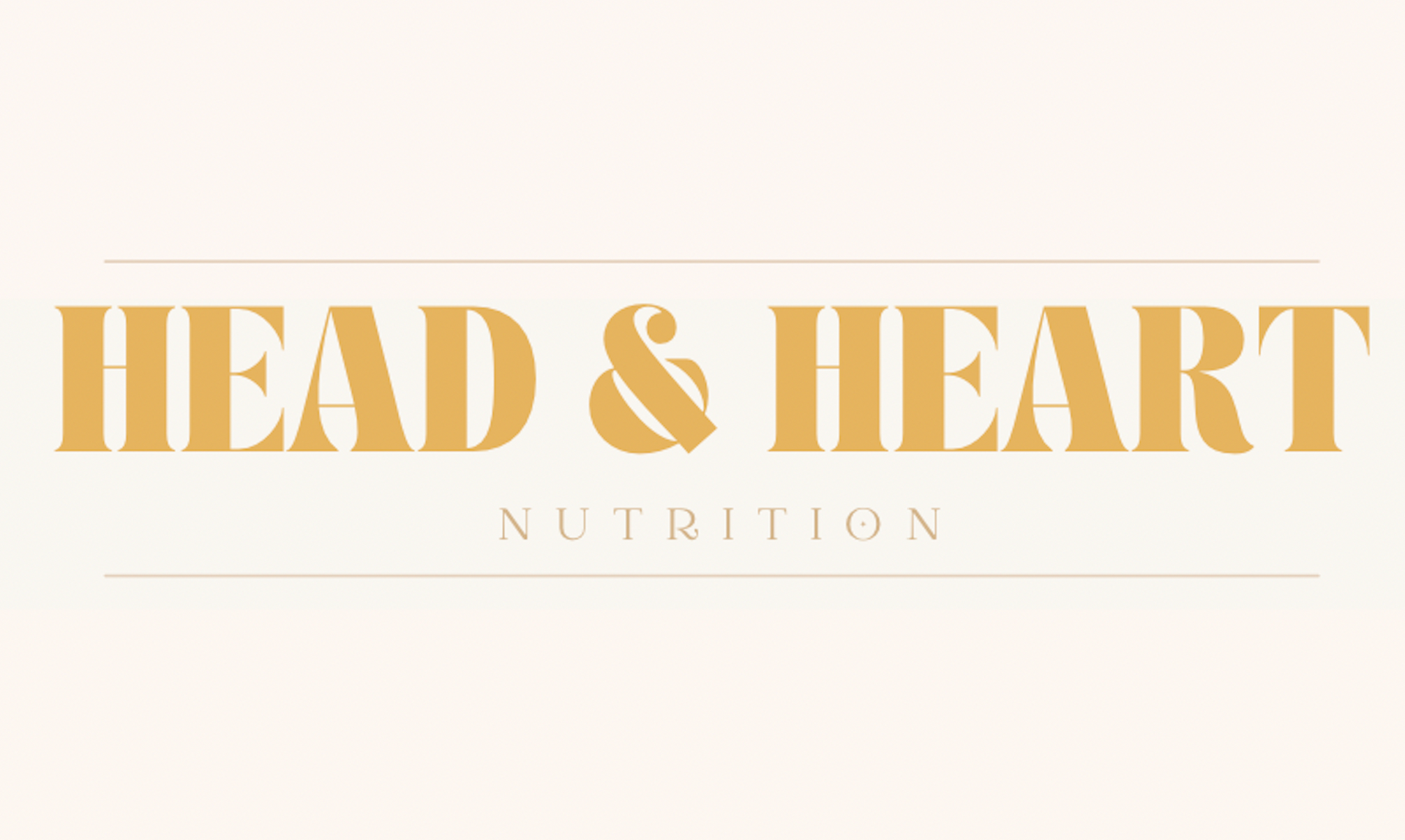The Egg Debate: Health Benefits vs. Cholesterol Fears
Navigating the Debate on Eggs in Modern Nutrition

Eggs are often celebrated as one of nature's most versatile and nutrient-dense foods. They can be enjoyed in a variety of ways—from scrambled to poached, baked to hard-boiled—making them a staple in kitchens around the world. But beyond their culinary versatility, eggs are packed with essential nutrients that contribute to overall health. Let’s explore the benefits of eggs, how to incorporate them into your diet, and address some common misconceptions.
Nutritional Benefits of Eggs
- Rich in Protein
Eggs are an excellent source of high-quality protein, containing all nine essential amino acids. A large egg provides about 6 grams of protein, making it a great choice for muscle repair and growth. Incorporating protein-rich foods like eggs into your meals can help you feel fuller for longer, aiding in weight management. - Packed with Vitamins and Minerals
Eggs are a nutritional powerhouse, containing a wide array of vitamins and minerals. They are particularly rich in B vitamins (such as B12, riboflavin, and folate), vitamin D, and minerals like selenium and phosphorus. These nutrients play critical roles in energy production, bone health, and immune function. - Source of Healthy Fats
Eggs contain healthy fats, including monounsaturated and polyunsaturated fats. While eggs do contain cholesterol, research has shown that moderate egg consumption does not significantly impact cholesterol levels for most individuals. Instead, they provide essential fatty acids that support heart health and brain function. - High in Antioxidants
Eggs are rich in antioxidants like lutein and zeaxanthin, which are important for eye health. These compounds can help reduce the risk of cataracts and age-related macular degeneration by protecting the eyes from harmful blue light and oxidative stress.
How to Incorporate Eggs into Your Diet
- Breakfast Ideas
Start your day with a protein-packed breakfast by incorporating eggs. Try a classic scrambled egg dish with spinach and tomatoes, or make an omelet loaded with your favorite vegetables. For a quick option, consider a hard-boiled egg paired with a piece of fruit or whole-grain toast. - Lunch and Dinner Options
Eggs can be a delicious addition to lunch and dinner as well. Add a poached egg to a salad for added protein, or incorporate eggs into dishes like fried rice or frittatas. Quiches are another fantastic way to combine eggs with vegetables and cheese for a satisfying meal. - Snacks and Treats
Hard-boiled eggs make a convenient and nutritious snack. They are easy to prepare in advance and can be seasoned with various spices or eaten plain. For a sweet treat, try baking with eggs, such as in a custard or soufflé, to enjoy their creamy texture.
Addressing Common Misconceptions
- Cholesterol Concerns
One of the most common misconceptions about eggs is their cholesterol content. While eggs do contain dietary cholesterol, research has indicated that for most people, dietary cholesterol does not significantly raise blood cholesterol levels. Instead, saturated and trans fats in the diet have a more pronounced effect. Moderation is key, and most healthy individuals can safely enjoy up to seven eggs per week without negative effects on heart health. - Eggs and Weight Gain
Another myth is that consuming eggs will lead to weight gain. In reality, eggs can be a valuable part of a weight management plan due to their high protein content, which promotes satiety. Including eggs in meals can help control hunger and prevent overeating later in the day. - Egg Size and Nutritional Value
Some people believe that larger eggs are always better nutritionally. While the size of the egg can impact the amount of protein and nutrients it contains, all eggs offer a similar nutrient profile. Instead of focusing solely on size, consider the overall quality of the egg and its source.
Choosing and Storing Eggs
- Quality Matters
When purchasing eggs, look for labels such as "cage-free," "pasture-raised," or "organic," which often indicate higher quality and more humane farming practices. Eggs from pasture-raised hens tend to have higher levels of omega-3 fatty acids and vitamins. - Storage Tips
To maximize freshness, store eggs in their original carton in the refrigerator. This helps protect them from absorbing odors and flavors from other foods. Eggs can typically last three to five weeks in the refrigerator.
Key Message
Eggs are a nutritious, versatile, and affordable food that can be easily incorporated into a variety of meals throughout the day. Their high-quality protein, essential nutrients, and health benefits make them an excellent choice for individuals of all ages. By embracing the many ways to enjoy eggs, you can take advantage of their nutritional power while adding flavor and satisfaction to your diet. So crack a few eggs and start experimenting with delicious recipes today!









